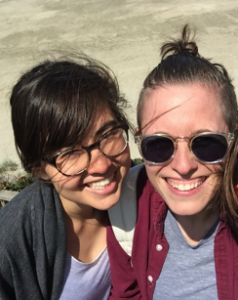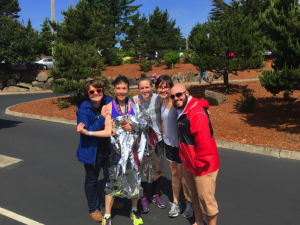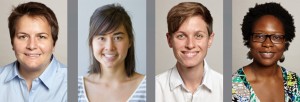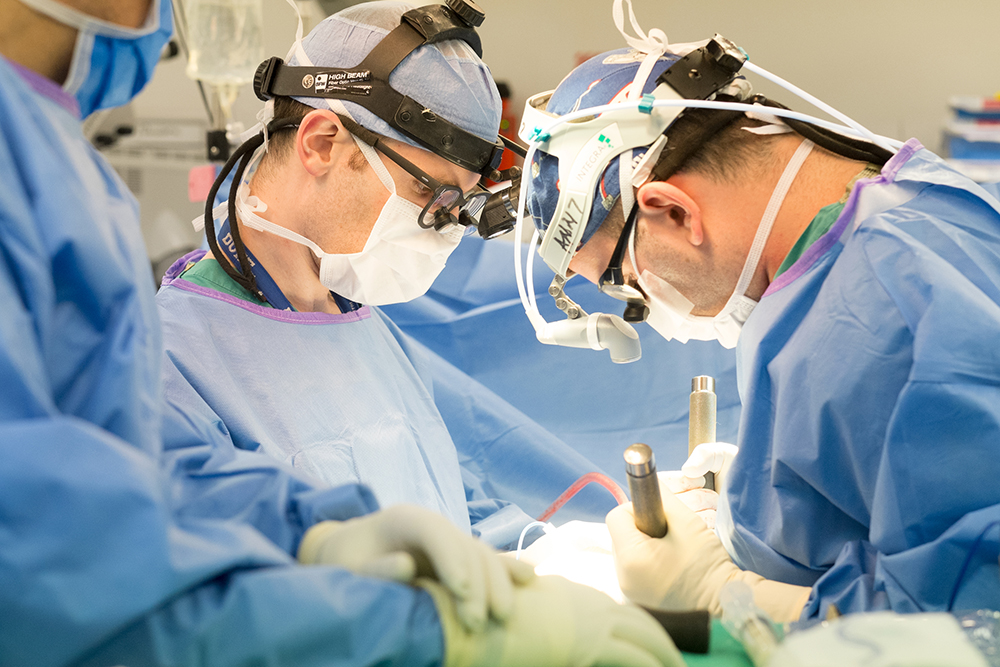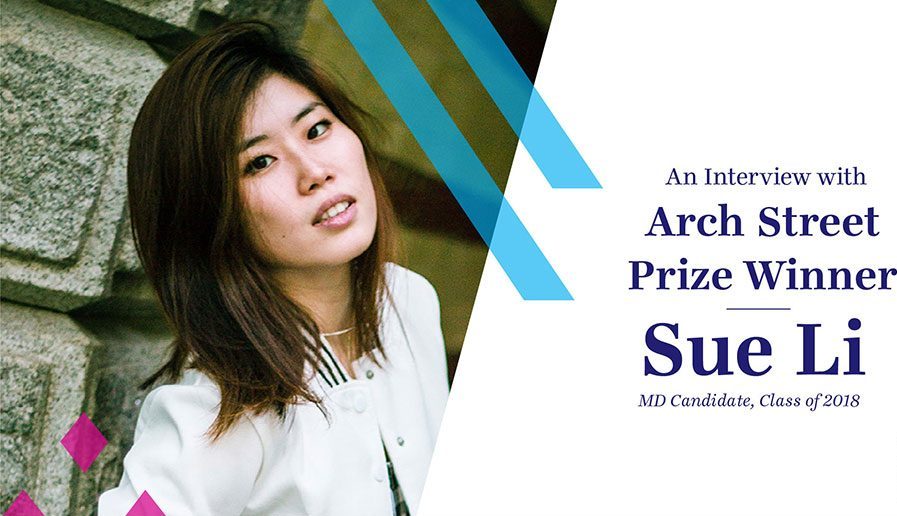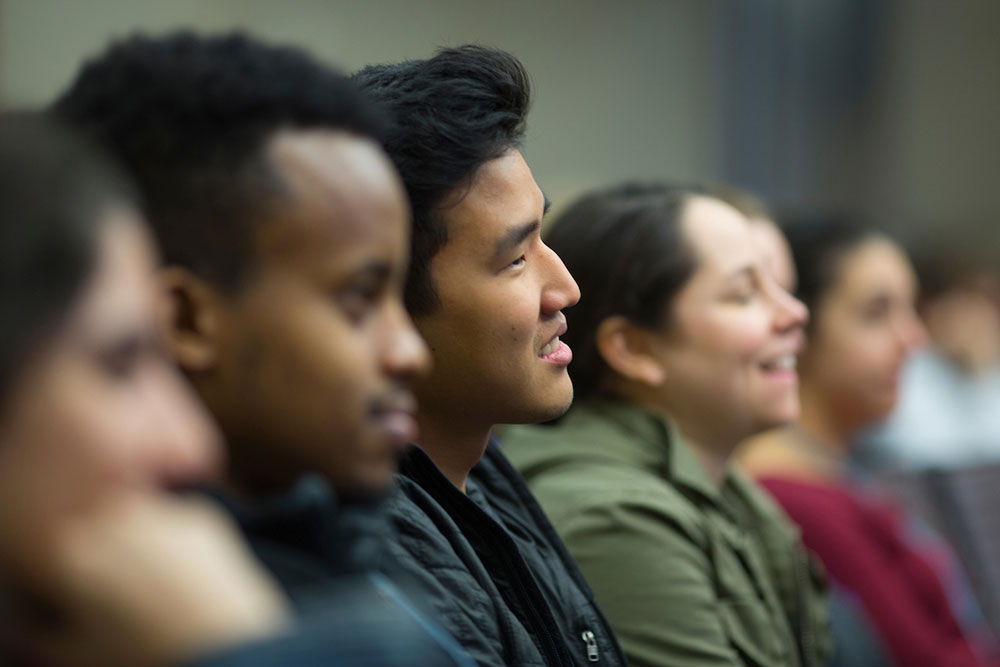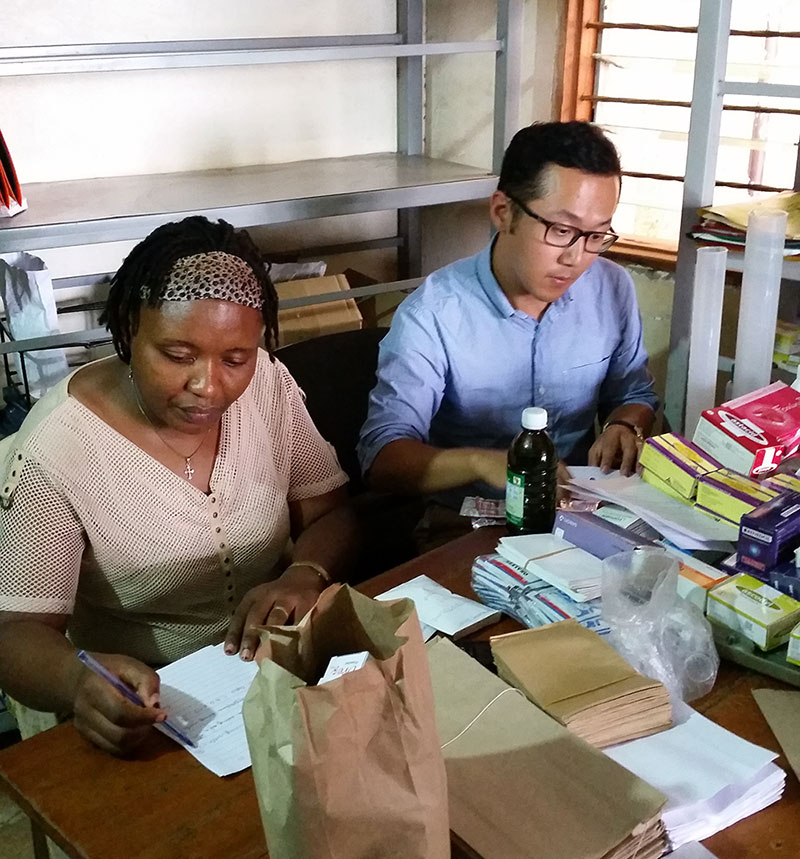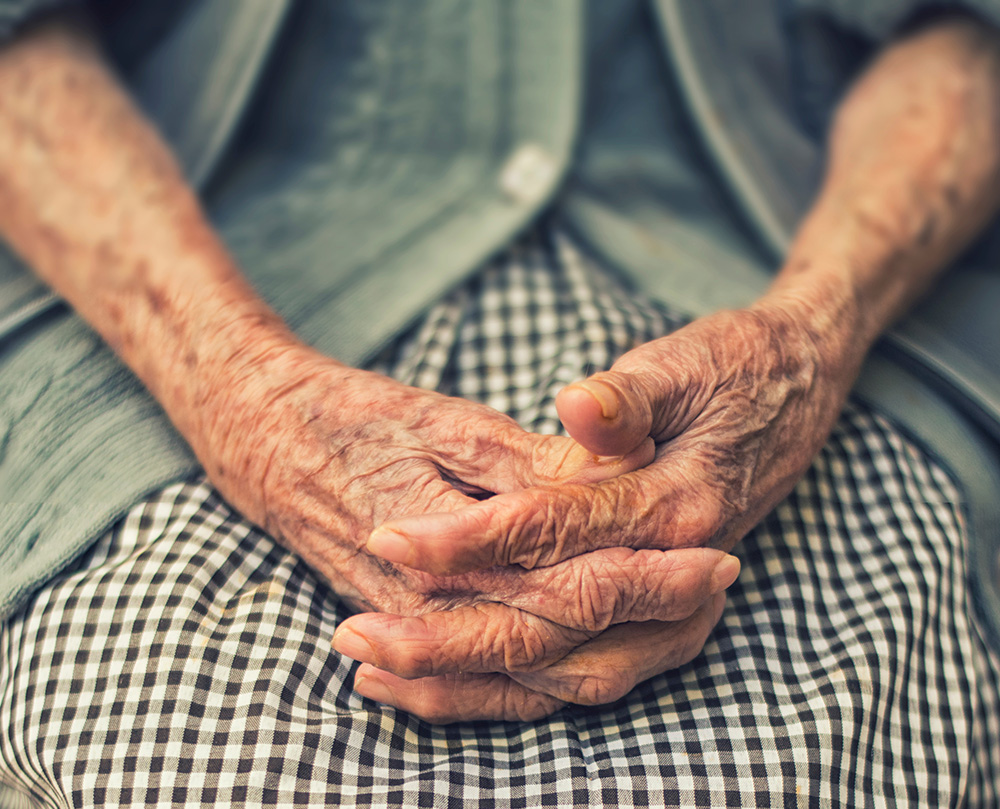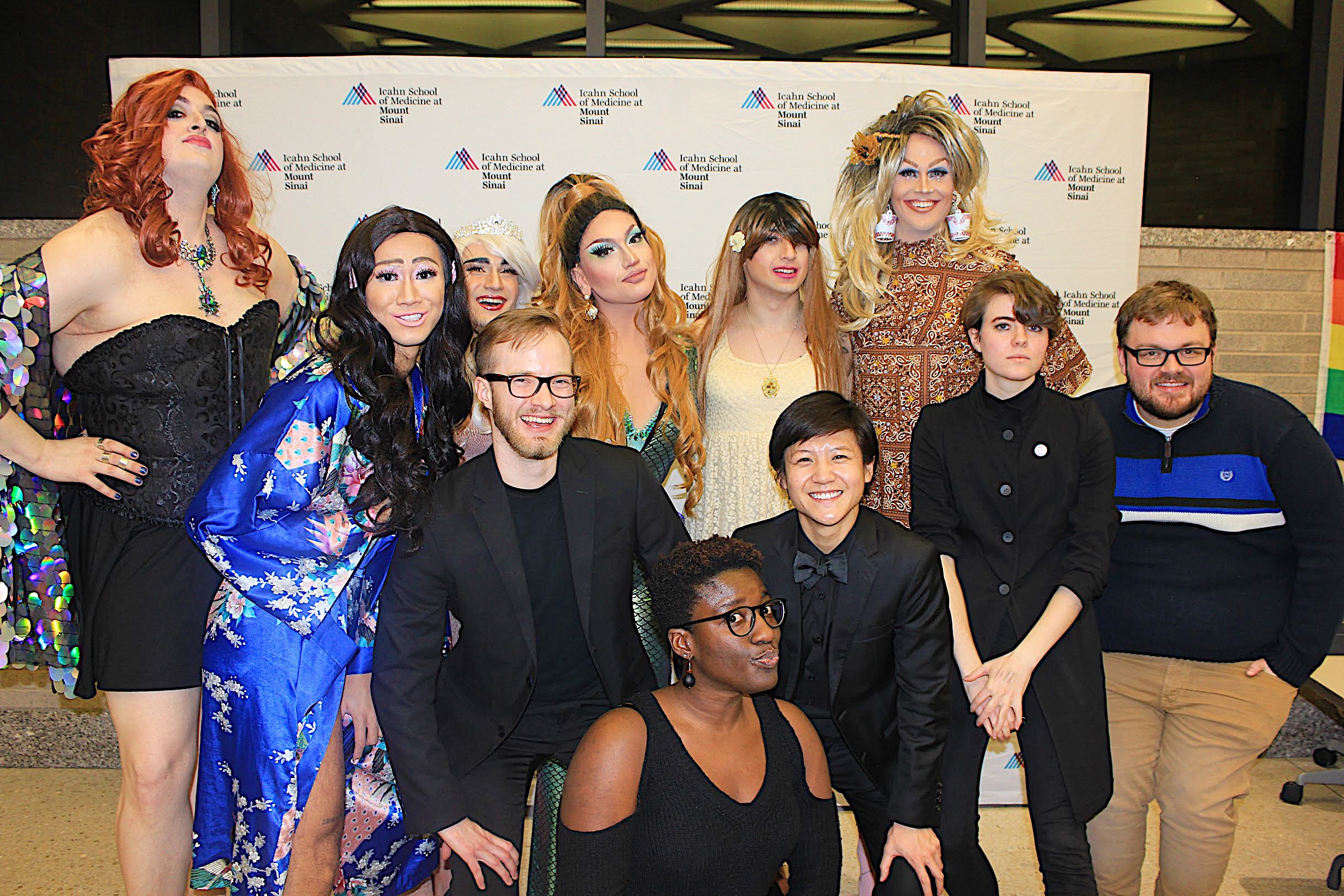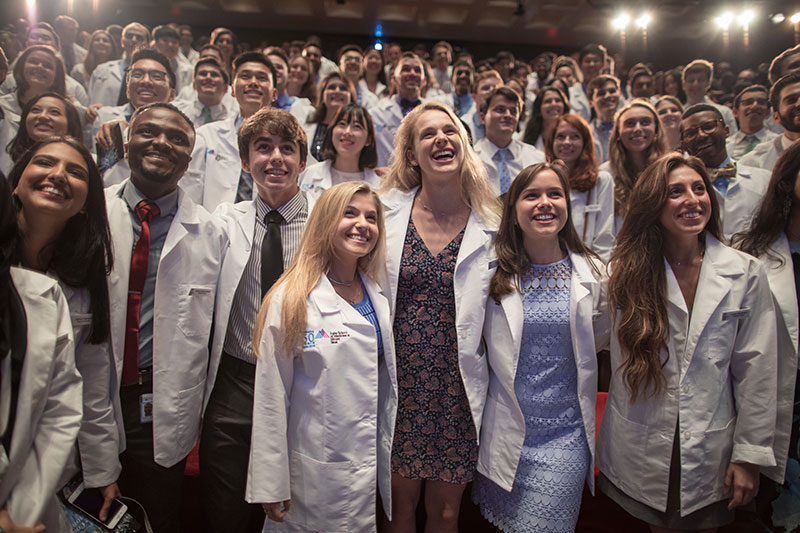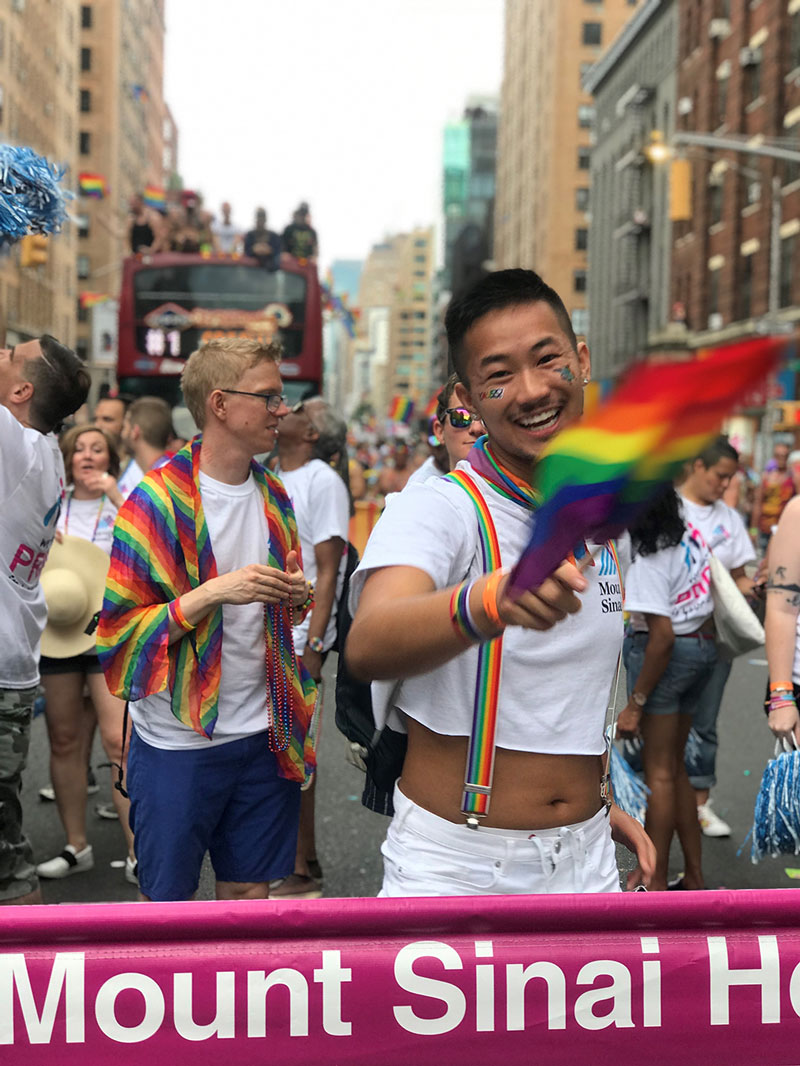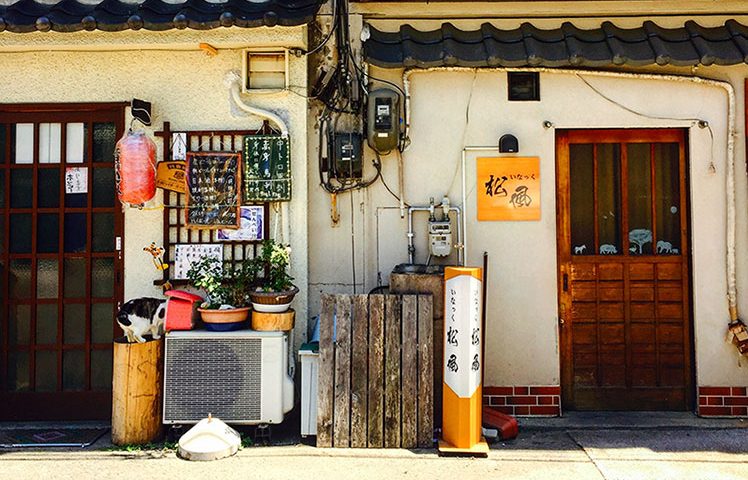 This is the story of four women who, only hours after finishing their first year of medical school, traveled west to seek knowledge, mentorship, and community at the 32nd Annual Women in Medicine Conference. Women in Medicine (WIM) is an organization started in 1984 as a medical education retreat for lesbian physicians, other sexual minority female physicians, medical students, their partners and their children. It is one of the longest standing LGBTQ medical organizations in the United States.
This is the story of four women who, only hours after finishing their first year of medical school, traveled west to seek knowledge, mentorship, and community at the 32nd Annual Women in Medicine Conference. Women in Medicine (WIM) is an organization started in 1984 as a medical education retreat for lesbian physicians, other sexual minority female physicians, medical students, their partners and their children. It is one of the longest standing LGBTQ medical organizations in the United States.
Wednesday, May 27th
8:38PM (EST): Escape from New York!
After months of planning and only a few days after officially finishing our first year of medical school, we are leaving Icahn School of Medicine at Mount Sinai (ISMMS) and NYC behind and winging our way west for the Women in Medicine Conference in Portland!
 Thursday, May 28th
Thursday, May 28th
12:01AM (PT): Welcome to Portland
The flight was long and a little bumpy but we made it! A swift, twenty-minute ride from the airport later, and we are nicely settled at the beautiful Embassy Suites Hotel in downtown Portland. The Women in Medicine Conference (WIM) offers full scholarships to all medical student attendees, which means that our hotel rooms and meals are paid for!
Thursday AM: “West Coast 19th Century Lesbian Physicians” by Jane Petro, MD
After a few hours of sleep, we wake up bright and early for a cup of Portland’s best coffee and the first official talk of the conference. It is wonderful to look around the room and see so many LBT people in medicine. The talk, given by renowned plastic surgeon Dr. Jane Petro, is a fascinating overview of female pioneers in medicine working at a time when their skills and leadership were not recognized by traditional medical institutions.
Thursday PM: Workshop—LGBT Related Content in Medical Schools, by Juno Obedin-Maliver, MD, MPH
Of the many offerings at the WIM Conference, this workshop seems especially relevant to us as medical students at the very beginning of our careers. The workshop is particularly powerful because it is a safe space to discuss the lack of representation of both LGBTQ patients and providers in medical training. We have the opportunity to connect with medical students and professors at other institutions, which will allow us to form collaborative partnerships as we seek to develop more LGBTQ-inclusive content through the duration of the medical school curriculum. Students share practices that have been successful at their schools, such as an institution-wide OUT list to increase visibility of and support for LGBTQ medical students, residents, and faculty. We are excited to return to ISMMS with these ideas.
Friday, May 29th
Friday AM: “Comics and Narrative Medicine” by Ellen Forney, BA
Day 2 of the conference features the work Ellen Forney, author of the New York Times best-selling graphic memoir Marbles. Forney shares highlights from the growing genre of graphic novels depicting portraits of illness and medicine as well as images and stories from her work, which offer insight into her experience with bipolar disorder. With wit, humor, and great clarity, Forney reminds us that as medical students and providers it is sometimes too easy to lose sight of the person behind the label of patient, the list of symptoms, or the jargon-laden diagnoses.
Friday PM: Mentorship Luncheon
To ensure our welcome, all first-time attendees to the conference are individually paired with physician mentors, who share stories and experiences of their work as lesbian and sexual minority women in medicine. Beyond discussion on their practice, research and professional development, these women describe how their careers fit into the broader scope of their lives, their values, and experiences as LBT people. We are humbled by the courage and perseverance with which these women have carried their identities and values into their work and communities.
Friday PM: Transgender Care Workshop
According to national surveys, the self-reported suicide attempt rate for trans*[1] or gender non-conforming individuals is 9 times higher than the overall U.S. population. As part of the conference series on healthcare for trans individuals, this workshop highlights the urgent need for competent healthcare providers and systems to address the overwhelming disparities and stigma that this population encounters when seeking care. These round table discussions review best practices for gender-neutral intake forms, sensitive and relevant sexual and social history questions, and approaches to patient-centered physical exams.
[1] Trans* is used as an inclusive umbrella term to describe anyone who feels that the sex that was assigned to them at birth incompletely describes or fails to describe them. This term includes, but is not limited to or wholly representative of, those who identify as transgender, transsexual, gender non-conforming, genderqueer, or agender.
Saturday, May 30th
Saturday AM: Race Day!
While on the West Coast, we have the opportunity to watch 700 runners complete the Newport Marathon. We continue our week of celebrating strong women physicians by cheering on Dr. Andrea Wolf, a thoracic surgeon at Mount Sinai, as she crosses the finish line!
Saturday PM: Closing Dinner and Celebration
The week culminates in a dinner celebration full of food, company, and laughter. The event highlights the sense of community and solidarity at the foundation of these annual conferences. It’s no wonder that some have been returning to the conference for decades!
Sunday, May 31st
6:00AM (PT): So long, Portland!
Three action-packed and fun-filled days later, we’re flying back east to NYC. Our experience at our first medical conference was amazing, and we are eager to bring back all that we have learned to ISMMS. This would not have been possible without the generosity and support of the Center for Multicultural and Community Affairs, Women in Medicine donors, and Student Council.
Qu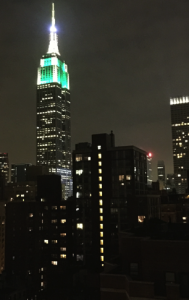 estions? Want to find out more about LGBTQ People in Medicine at Mount Sinai or the 2015 Women in Medicine Conference? Email: sinai.lgbtqpm@gmail.com
estions? Want to find out more about LGBTQ People in Medicine at Mount Sinai or the 2015 Women in Medicine Conference? Email: sinai.lgbtqpm@gmail.com

